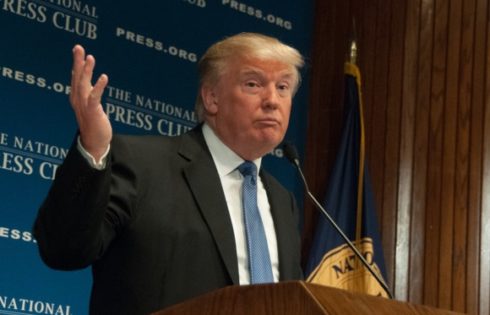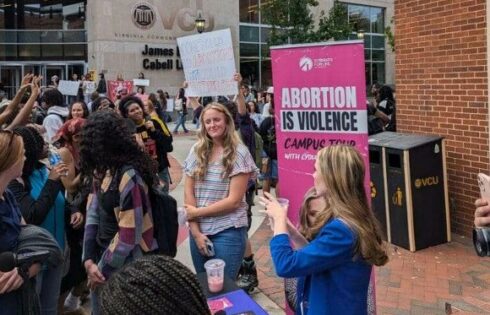Meet Arthur. Arthur owns and runs one of the many street corner news stands found around Philadelphia. Everyday customers come to him for the latest news, gossip and good conversation. On Fridays, Arthur goes to his local mosque for prayer where he is an integral part of the local Muslim community. By all appearances, Arthur is average. Arthur, however, is one of a growing minority that is abandoning cell-phones and computers.
These “willfully unconnected” are the focus of University of Massachusetts communications professor Jarice Hanson’s latest research and were discussed at the Center for Public Policy and Administration’s (CPPA) flagship lecture for their fall colloquium series this past Monday.
The presentation, “The Digitally Divided: The New Minority and Willful Retreat from the Information Society” highlighted Hanson’s findings and their relevance for public policy in a digital age.
According to Hanson, the project was an accident.
In an effort to find real world examples of individuals who have decided to “unplug” for her students, Hanson stumbled upon a hidden “network of unconnected.” What was more, “there was a real pride in being unconnected,” said Hanson. With each interview, Hanson was given more contacts.
But who are these “tech refugees?”
Early on, Hanson explained her focus was on those who – despite available access – willfully abstain from connectivity as opposed to those unable to secure access. She found that most tech hermits fall into three categories: self-employed working adults with no children, urban squatters and the disabled. Most participants were well-educated, self-identified as readers and all had been connected at one time. Another commonality was a deep-rooted concern for privacy.
“Some have real horror stories concerning privacy in their lives,” said Hanson.
Read the full story at the UMass Daily Collegian.




Please join the conversation about our stories on Facebook, Twitter, Instagram, Reddit, MeWe, Rumble, Gab, Minds and Gettr.